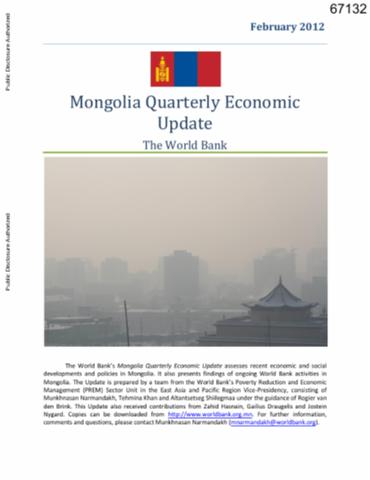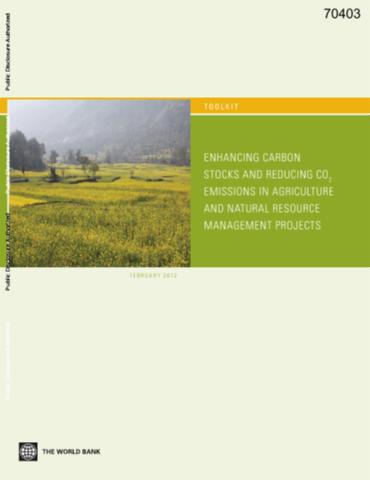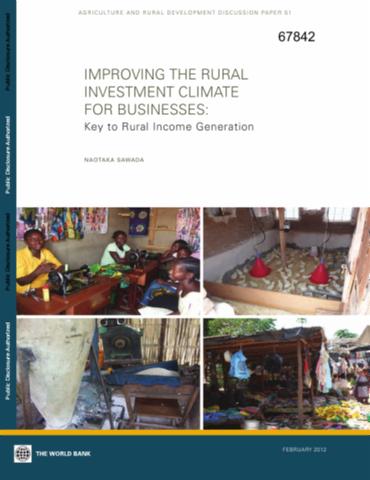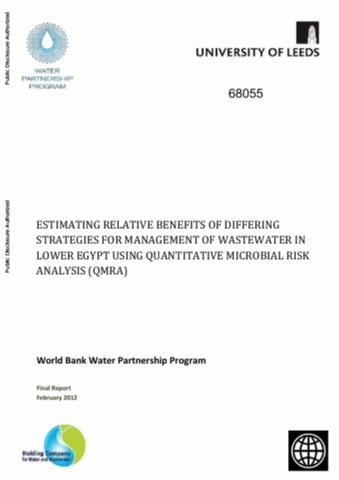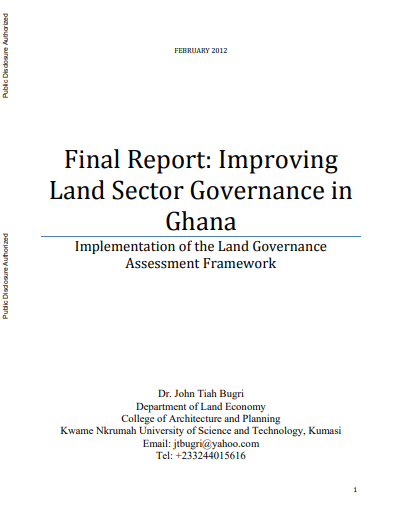The World Bank is a vital source of financial and technical assistance to developing countries around the world. We are not a bank in the ordinary sense but a unique partnership to reduce poverty and support development. The World Bank Group has two ambitious goals: End extreme poverty within a generation and boost shared prosperity.
- To end extreme poverty, the Bank's goal is to decrease the percentage of people living on less than $1.25 a day to no more than 3% by 2030.
- To promote shared prosperity, the goal is to promote income growth of the bottom 40% of the population in each country.
The World Bank Group comprises five institutions managed by their member countries.
The World Bank Group and Land: Working to protect the rights of existing land users and to help secure benefits for smallholder farmers
The World Bank (IBRD and IDA) interacts primarily with governments to increase agricultural productivity, strengthen land tenure policies and improve land governance. More than 90% of the World Bank’s agriculture portfolio focuses on the productivity and access to markets by small holder farmers. Ten percent of our projects focus on the governance of land tenure.
Similarly, investments by the International Finance Corporation (IFC), the World Bank Group’s private sector arm, including those in larger scale enterprises, overwhelmingly support smallholder farmers through improved access to finance, inputs and markets, and as direct suppliers. IFC invests in environmentally and socially sustainable private enterprises in all parts of the value chain (inputs such as irrigation and fertilizers, primary production, processing, transport and storage, traders, and risk management facilities including weather/crop insurance, warehouse financing, etc
For more information, visit the World Bank Group and land and food security (https://www.worldbank.org/en/topic/agriculture/brief/land-and-food-security1
Resources
Displaying 4511 - 4515 of 4907Mongolia Quarterly Economic Update, February 2012
Gross Domestic Product (GDP) growth accelerated to an unprecedented 17.3 percent in 2011 from 6.4 percent in 2010 and the unemployment rate fell from 13 percent in 2010 to 9 percent in 2011. However, real wages for unskilled workers in the urban informal sector are starting to fall as the inflation rate reached 11.1 percent year-on-year in December. Sharply rising government spending is the root cause of overheating: government spending rose by 56 percent in 2011 and is budgeted to rise by a further 32 percent this year, fueled by sharply rising resource revenues.
Enhancing Carbon Stocks and Reducing CO2 Emissions in Agriculture and Natural Resource Management Projects
There is global interest in promoting mitigation and adaptation in agriculture, forest, and other land-use (AFOLU) sectors to address the twin goals of climate change and sustainable development. This guideline deals with how to enhance carbon stocks in general in all land-based projects and its specific relationship with agriculture productivity. It outlines specific steps and procedures that need to be followed by project proponents and managers of land-based projects to enhance carbon stocks synergistically with increasing crop productivity.
Improving the Rural Investment Climate for Businesses
An appropriate rural investment climate (RIC) is essential for rural businesses to be successful and generate employment and income in their communities. Improving the investment climate could facilitate income-generation activities in both farm and nonfarm sectors, thus reducing rural poverty. Nonfarm sector focused growth, combined with agricultural growth, and has been shown by Delgado et al. (1998) to have a significant impact on the local economy through the generation of employment and income.
Estimating Relative Benefits of Differing Strategies for Management of Wastewater in Lower Egypt Using Quantitative Microbial Risk Analysis
The report uses a theoretical model of a typical drainage basin, but the approach could be applied to many of the drainage basins managed by the holding company for water and wastewater in Egypt. This study set out to assess the relative health impacts of different wastewater management strategies on health in the Nile delta region using an approach similar to that used in the Ghana.
Improving land sector governance in Ghana : implementation of the Land Governance Assessment Framework (LGAF) - final report (English)
The Land Governance Assessment Framework (LGAF) is a diagnostic tool to assess the status of land governance at country level using a participatory process that draws systematically on existing evidence and local expertise rather than on outsiders.






